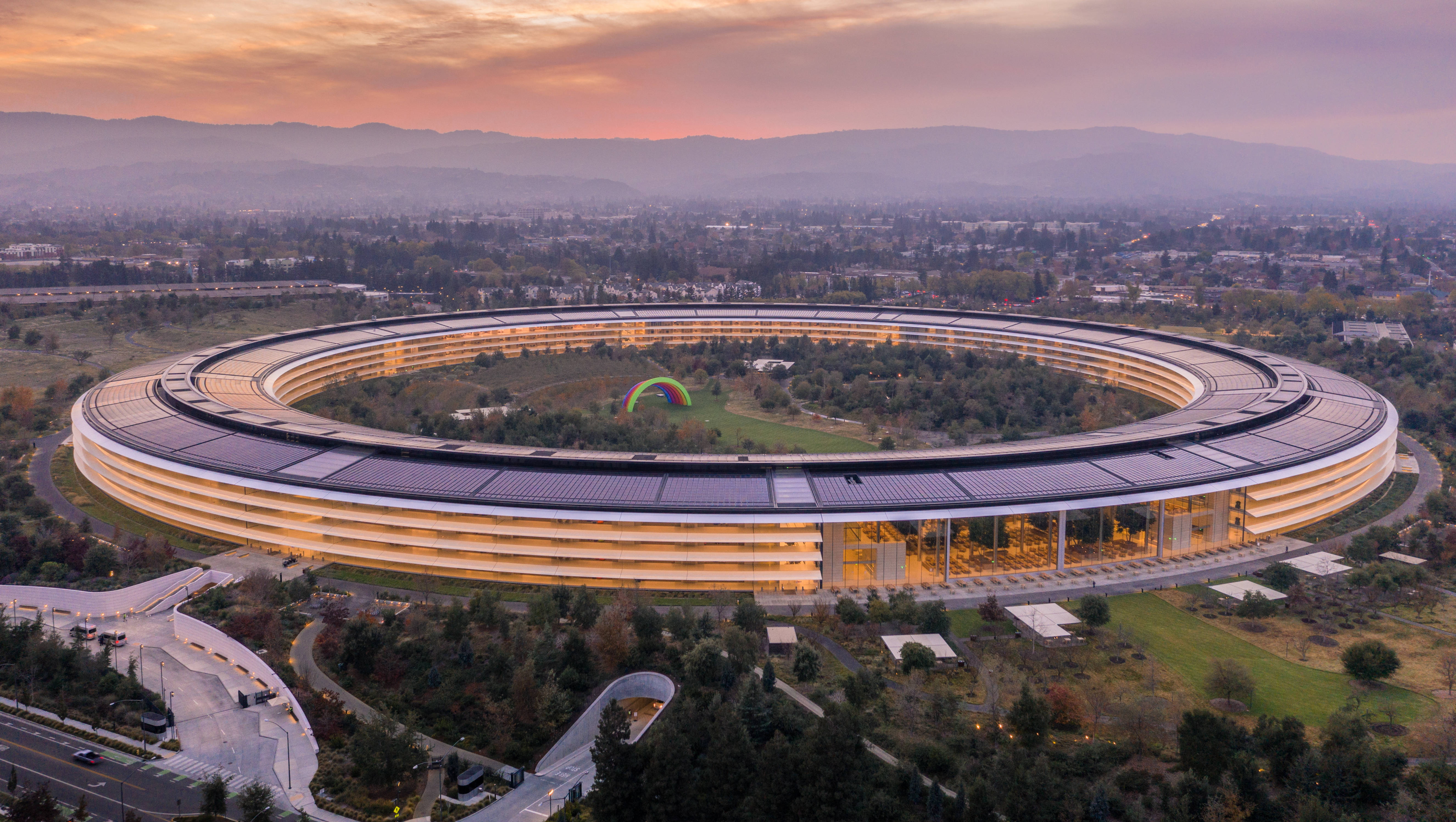Apple, like many other companies, will no doubt be scrambling to ascertain the true impact of President Trump's sweeping tariffs on its global production line. The rollout of "reciprocal tariffs" went into effect on April 2 and included a number of countries Apple relies on to manufacture or assemble its products.China is where most of the 200 million annual iPhones are produced was hit with a 54% tariff which could have huge implications for the price of the iPhone 17 Pro Max and other upcoming handsets.
But it's not just China and it's not just the iPhone that could be dealt a huge blow from President Trump's "Liberation Day." Tim Cook has made strong efforts to diversify the company's supply chain in recent years, moving away from China and into countries like India and Vietnam. Unfortunately for Apple, both of those regions — among many others — will also be hit with stringent new levies.

"Apple will still be taking a hit on iPhones made in India, AirPods made in Vietnam and Macs made elsewhere in Asia," wrote Mark Gurman in his latest Power On newsletter.As Gurman sees it, here are Apple's production hubs that are most badly affected by the new tariffs:During the first Trump administration, Tim Cook was able to exempt the iPhone from tariffs imposed on China, so there's always the possibility of some leniency for Apple. The countries themselves may also be able to negotiate for different terms.
(Image credit: David Paul Morris/Bloomberg via Getty Images)However, if all the tariffs do fall into place as planned on April 9, Apple will have to decide whether to absorb the costs or pass them onto the consumers. Some analysts have already speculated that price hikes will be coming — and they won't be pretty.According to a Reuters report published on Friday, analysts from Rosenblatt Securities said Apple could increase iPhone and Apple Watch prices by 43%, iPad prices by 42%, and AirPods by 39% to offset the extra cost.
Just to put this into context, it would mean the base iPhone 16 model would see a price increase from $799 up to $1,142.There are a few things that may hold price hikes back for a while. Firstly, Apple has some favourable margins on its hardware, so it could absorb some of the cost.
It has also been increasing inventory within the U.S. for months in anticipation.
Any units it holds stateside won't be subjected to tariff charges so they could use that to offset some of the demand.But at some stage, we may have to face the fact that Apple's products are going to get even more expensive. Apple increased prices in the U.
K. as a result of the shifting economic landscape after Brexit, so it's quite possible we could see the same thing happen in the United States.More from Tom's GuideI've been using the iPhone 16 Pro Max for over 6 months — and this is the iPhone 17 model I'm most excited aboutBuying cheap tech could take a hit in 2025 — Trump’s tariffs, explainedNintendo just delayed Switch 2 pre-orders due to Trump tariffs — what you need to know.
Technology

Apple's tariff crisis explained — here's why iPhone, AirPods, Macs and Apple Watch may get a lot more expensive

Apple relies on a number of other countries for its manufacturing, many of which are being hit with aggressive tariffs.














